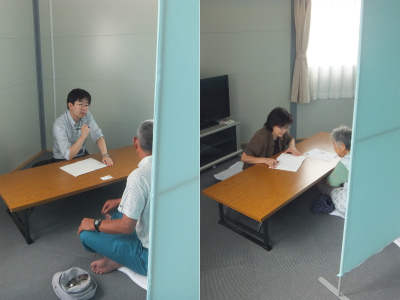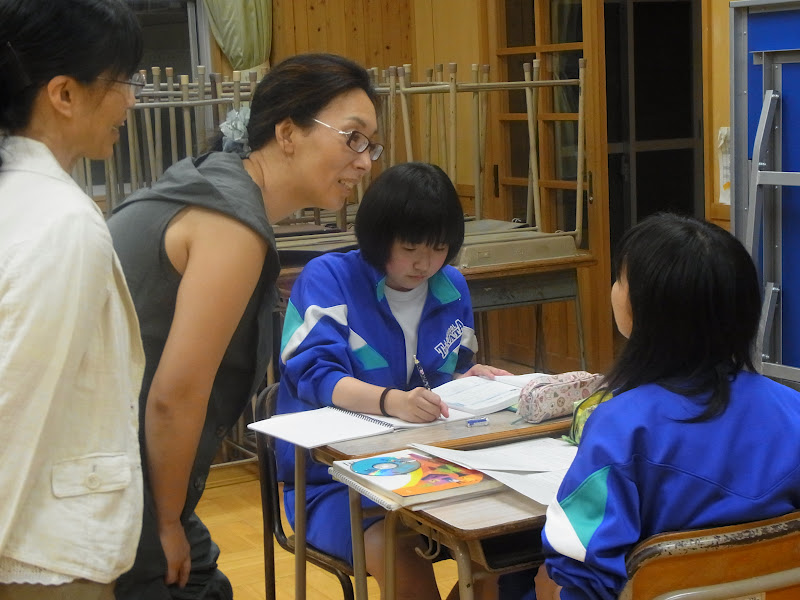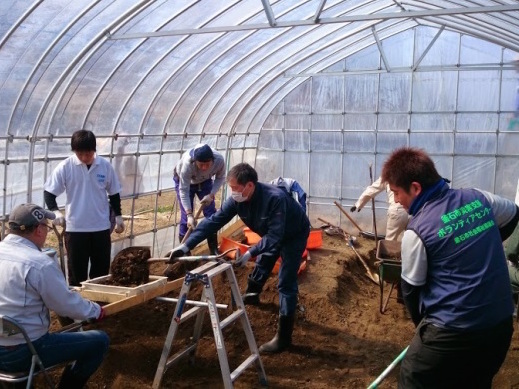2012–2018
JCIE is helping United Way Worldwide and the Central Community Chest of Japan to manage a six-year, multimillion-dollar grant program in Japan’s disaster zone on behalf of Polo Ralph Lauren. The program is supporting comprehensive approaches by a coalition of organizations that are working together to alleviate the psychological burden of adults and children in areas affected by the disaster and empower them to play a more active role in rebuilding their own communities. The program targets Iwate Prefecture, one of the hardest-hit areas in the disaster zone, and the grantees include four nonprofit organizations, Kodomo no Empowerment Iwate, Kurashi no Supporters, the Kamaishi Social Welfare Council, and SakuraNet. Their activities include the following:
 1. Pilot program of community social worker support and training
1. Pilot program of community social worker support and training
One set of activities involves community social work and helping to establish a system of “Personal Supporters,” a new type of social worker who can assist disaster survivors in a comprehensive manner with a wide array of problems so they are not overwhelmed seeking out different agencies for assistance on each individual issue they face. Kurashi no Supporters is taking the lead and working closely with SakuraNet and the other organizations. As part of their work, they have been providing counseling and support services to more than 1,000 disaster survivors.
 2. Children’s tutoring project and mental healthcare outreach
2. Children’s tutoring project and mental healthcare outreach
A second component, managed by Kodomo no Empowerment Iwate, involves a tutoring program for schoolchildren that utilizes a core group of residents and university students as volunteer tutors. In addition to offering encouragement and one-on-one instruction, the project provides a safe space for students to study or relax as many continue to live in cramped temporary housing. The tutors also provide a sympathetic ear so that the schoolchildren can confide in them with their worries and hopes. This tutoring initiative has expanded to nearly 20 sites around the prefecture and has been cited as a model program by Japan’s education ministry.
 3. Pilot project of coordinators for volunteerism
3. Pilot project of coordinators for volunteerism
The final component led by the Kamaishi Social Welfare Council involves a system of coordinators that improves the efficacy of volunteer activities in the city of Kamaishi, empowers residents to help themselves, and serves as a model for other localities. They have been mobilizing more than 10,000 volunteers per year to assist with 200+ events, including some designed to bring together former neighbors who have been displaced from communities where their families had lived for generations, and others that seek to forge ties among new neighbors in the newly formed communities established after the disaster.
Read our report on the impact of the program, Supporting Disaster Survivors in Japan (2019).
